mushroom compost
lemonpeels
16 years ago
Related Stories
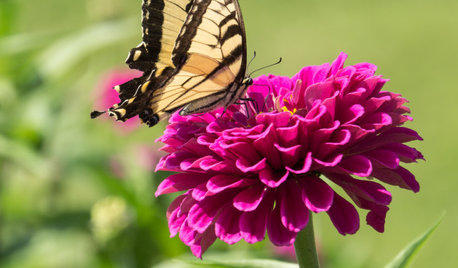
GARDENING GUIDES20 Favorite Flowers for Butterflies and Bouquets
Discover perennials and annuals that do double duty as butterfly magnets and versatile cut flowers
Full Story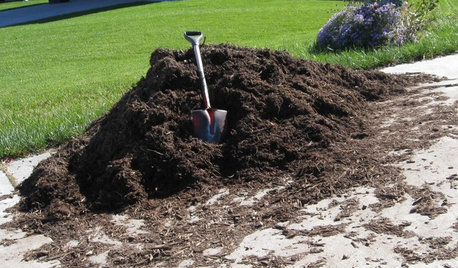
FRONT YARD IDEASBefore and After: Front Lawn to Prairie Garden
How they did it: Homeowners create a plan, stick to it and keep the neighbors (and wildlife) in mind
Full Story
GARDENING GUIDESNew Ways to Think About All That Mulch in the Garden
Before you go making a mountain out of a mulch hill, learn the facts about what your plants and soil really want
Full Story
GARDENING GUIDESGardening Solutions for Heavy Clay Soils
What’s a gardener to do with soil that’s easily compacted and has poor drainage? Find out here
Full Story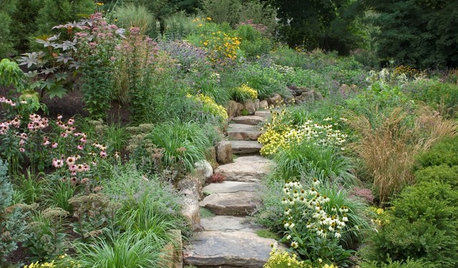
GARDENING GUIDESThe Case for Buying Younger, Smaller Plants
Less mature plants are more economical, are easier to plant and often grow more quickly
Full Story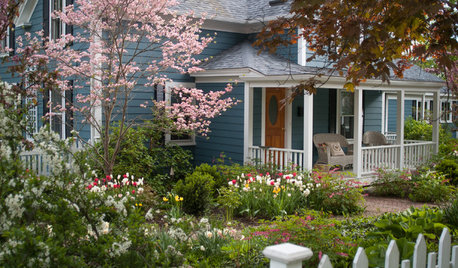
GARDENING GUIDESHow to Plant Bulbs in Fall for Spring and Summer Blooms
Follow these step-by-step instructions for planting daffodils, irises, tulips and more
Full Story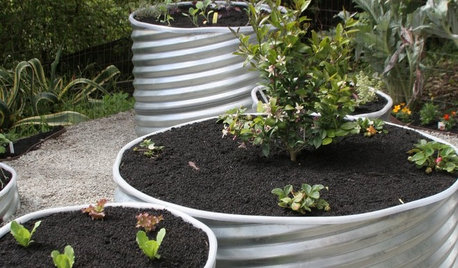
GARDENING GUIDES8 Materials for Raised Garden Beds
Get the dirt on classic and new options for raised vegetable and plant beds, to get the most from your year-round garden
Full Story
COOL-SEASON CROPSCool-Season Vegetables: How to Grow Potatoes
This ever-popular tuber is a stalwart in spring and fall gardens and a staple in kitchens everywhere
Full Story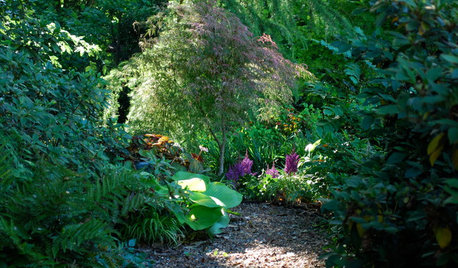
LANDSCAPE DESIGNSet Your Shade Garden Aglow With Light
Invite brightness to the dark corners of your garden for a magical dance you won't want to miss
Full Story
KITCHEN DESIGNHow to Waste Less Food
Here are 9 relatively painless ways to throw away less food and stretch your grocery dollars
Full StorySponsored






gbig2
rhizo_1 (North AL) zone 7
Related Professionals
Hyattsville Landscape Architects & Landscape Designers · Parole Landscape Architects & Landscape Designers · Mooresville Landscape Contractors · Annandale Landscape Contractors · Fuquay-Varina Landscape Contractors · Lemont Landscape Contractors · Salem Landscape Contractors · South Farmingdale Landscape Contractors · Kingsburg Landscape Contractors · Fort Worth Driveway Installation & Maintenance · Madison Fence Contractors · Lady Lake Fence Contractors · Rome Fence Contractors · Torrance Fence Contractors · Nipomo Fence Contractorssmitty5952
gbig2
greenjeans_il
shazam_z3
greenjeans_il
whip1 Zone 5 NE Ohio
greenjeans_il